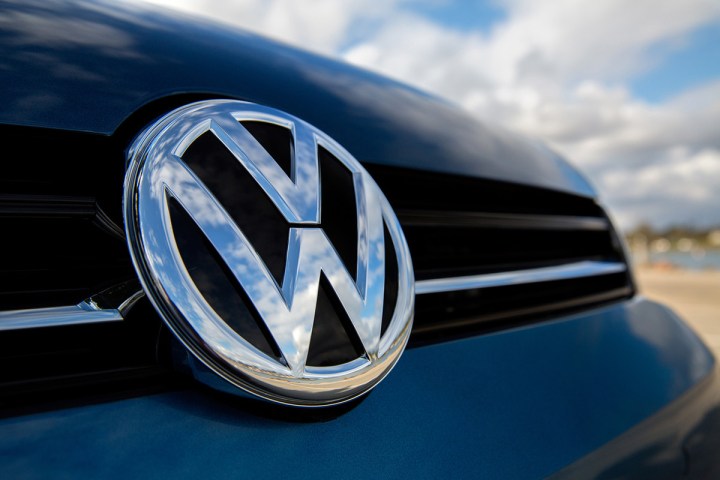
The big U.S. buyback and compensation settlement reported last month was for 475,000 2.0L diesel-powered VWs. In a followup proposal for larger 3.0L engines found in 85,000 VW, Audi, and Porsche vehicles, Volkswagen Group proposed a separate plan for engine fixes. The 3.0L repair plan would be relatively simple to complete, would bring the engines into emissions regulation compliance, and would be less expensive for the company than a buyback program. 16,000 of the 3.0L-powered cars are registered in California, and this week the California Air Resources Board (CARB) formally rejected the proposal.
Referring to the Volkswagen Group 3.0L plan as “substantially deficient,” according to Ars Technica, CARB stated the proposals “fall far short” of correcting the emissions problem sufficiently. CARB rejected an earlier plan in February to remedy the problem with the 3.0L cars due to an incomplete description of exactly how the emissions-defeating devices worked. It was expected that this time all the required information would be included, but that apparently did not happen.
CARB reiterated that the VW proposals didn’t disclose adequate detail about the defeat devices, regarding how the repairs would remedy the problem, affect fuel economy, performance, emissions, and vehicle on board diagnostics systems (OBDs). The regulatory board also had doubts as to how the repairs could be completed “expeditiously.” Some of the same language was used in February’s recall plan rejection.
But it’s not over, but any means. In its rejection letters, the board said, “CARB, in conjunction with the EPA, will continue the on-going technical discussions with VW and Audi to evaluate their proposals through the enforcement action process.”
A Volkswagen spokesperson informed Ars Technical that the CARB rejection was a “procedural step under California state law.”
“We continue to work closely with the US Environmental Protection Agency (EPA) and CARB to try to secure approval of a technical resolution for our 3.0L TDI vehicles as quickly as possible.”
VW’s expected home court advantage in Germany appears to have faded, and the company could be facing a significant penalties. Sufficient anger and attention towards the scandal led German regulators to state this week that there will be no leniency, even with the unprecedented fines in the U.S. Europe, South Korea, and other countries have yet to reach agreements on the VW “diesel issue.”
There’s no easy way to tell when Dieselgate will end, but at least the parties involved are still talking.



